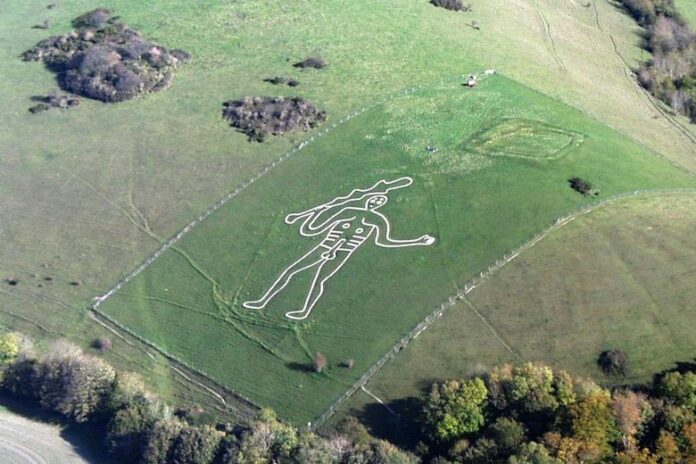Geoglyphs, ancient ground drawings or low relief mounds, have captivated researchers and archaeologists around the world. These enigmatic structures, created using earth or stone, can be found in various isolated locations and offer a glimpse into the ancient civilizations that once inhabited these areas.
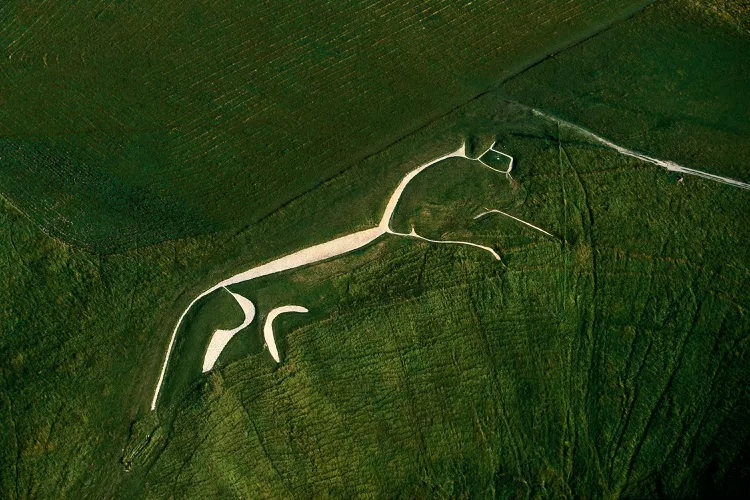
The Nazca Lines: Marvels of South America
One of the most famous examples of geoglyphs is the Nazca Lines in Peru. These vast geoglyphs, etched into the Nazca Pampa landscape, include geometric shapes, abstract line networks, and intricate representations of humanoid, plant, and animal forms. The purpose behind their creation remains a mystery, with theories ranging from astronomical alignments to ceremonial and spiritual significance.
Effigy Mounds: Native American Geoglyphs
In North America, Native American cultures left behind their own geoglyphs, known as effigy mounds. These mounds, found in the upper Midwest, were constructed in the shapes of animals or geometric designs. While many of these ancient structures have been lost to time, early surveyors like Squire and Davis documented them, providing valuable insights into their forms and significance.
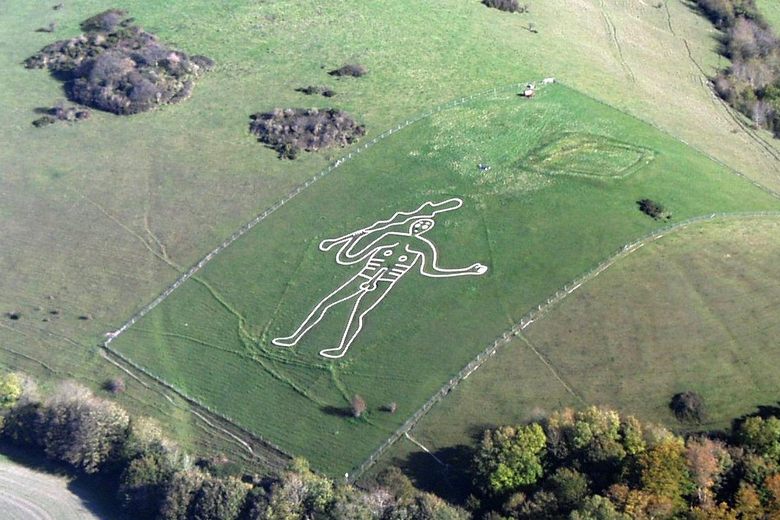
Poverty Point: A C-Shaped Enigma
Poverty Point, located in Louisiana, presents another intriguing geoglyph complex. This 3,500-year-old settlement features concentric circles and radial avenues, forming a C-shaped design. Debate surrounds the original configuration of the site due to erosion over the centuries, but it is believed to have served as a central gathering place or a water management system.
Amazon Rainforest Geoglyphs: Mysteries in the Jungle
Deep within the Amazon rainforest of South America, hundreds of geometrically-shaped enclosures have been discovered. These ditched enclosures, often in the form of circles, ellipses, rectangles, and squares, have been termed “geoglyphs” by researchers. While their exact purpose remains uncertain, they are thought to have served as water reservoirs or central communal spaces for ancient Amazonian communities.
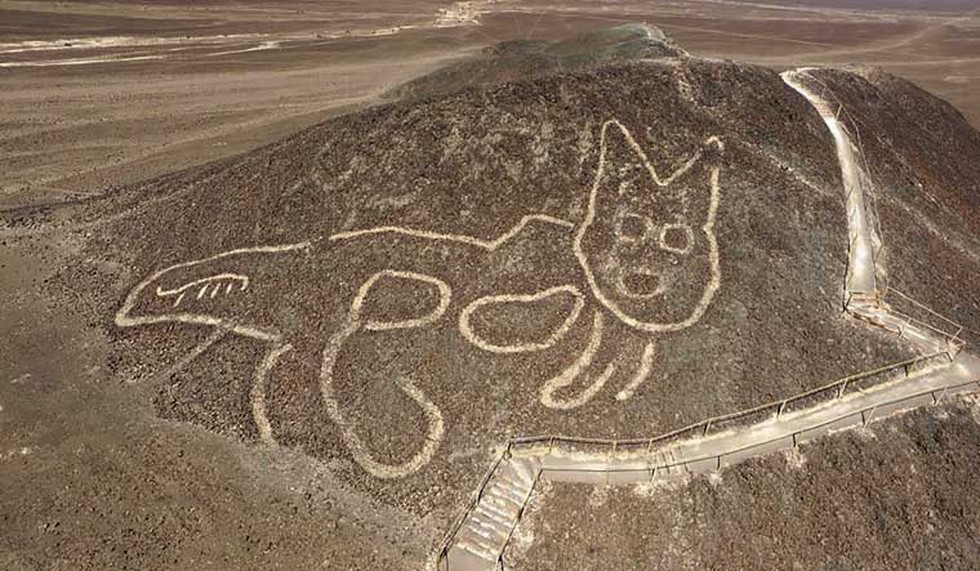
The Works of the Old Men: Geoglyphs in Arabia
In the desert landscapes of the Arabian Peninsula, the Works of the Old Men have fascinated explorers and scholars for decades. These geoglyphs, found in lava fields, are categorized into kites, meandering walls, wheels, and pendants based on their shapes. Desert kites, for example, are believed to be ancient hunting tools, while wheels may have had ritual or funerary significance. These enigmatic structures provide a glimpse into the region’s ancient past.
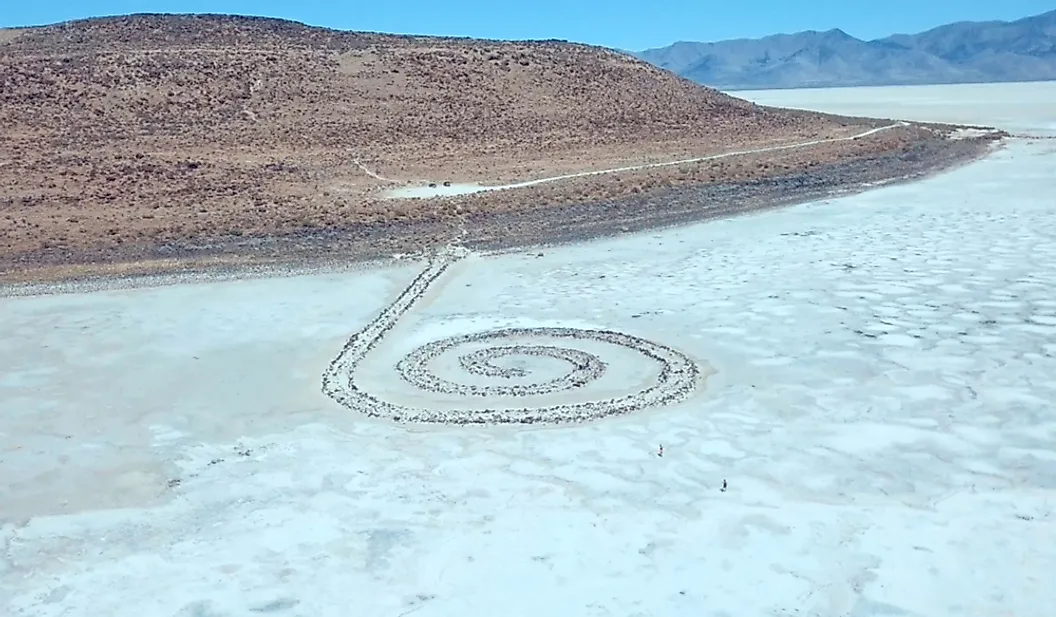
Conclusion
Geoglyphs are remarkable creations of the past, leaving behind intricate and mysterious designs etched into the Earth’s surface. From the famous Nazca Lines in South America to the effigy mounds of North America, and the geoglyphs found in the Amazon rainforest and Arabian Peninsula, these structures continue to intrigue and puzzle researchers. While their exact purposes and meanings may remain elusive, geoglyphs offer valuable glimpses into the rich and diverse cultures of our ancient ancestors.
